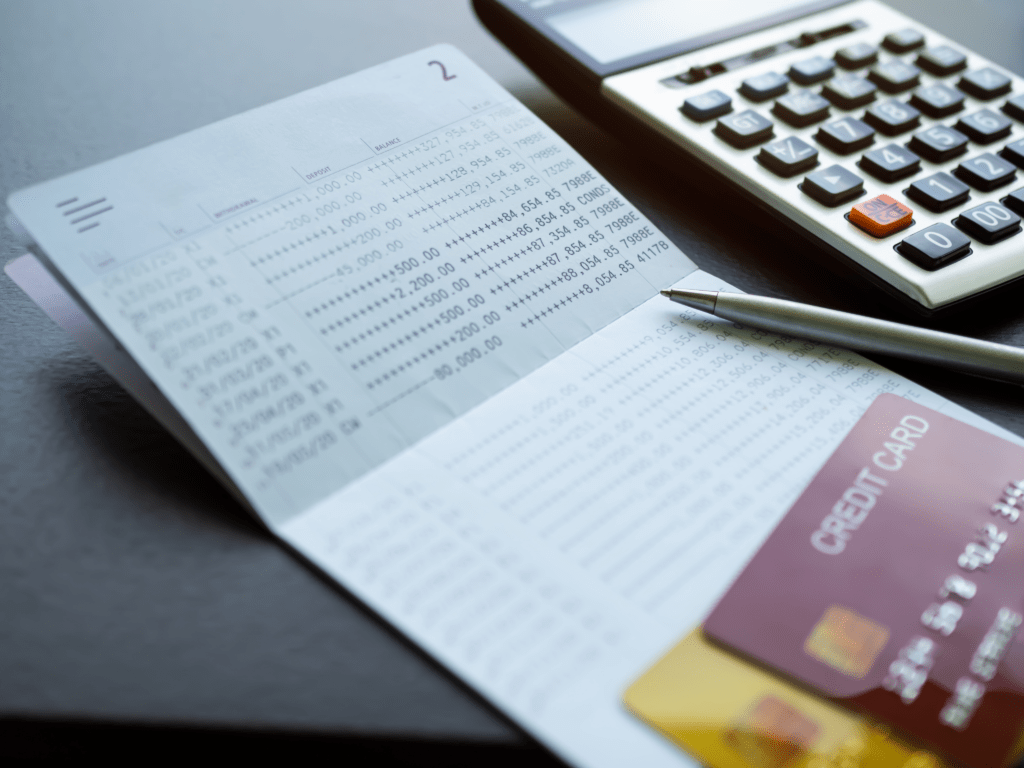
Discovering inaccuracies on your credit report can be a distressing experience. These errors, ranging from minor clerical mistakes to fraudulent accounts opened in your name due to identity theft, can adversely affect your credit score, thereby impacting your ability to secure loans, credit cards, and even employment. However, it’s crucial to know that as a consumer, you have rights and there are steps you can take to correct these errors.
Your Right to Dispute Errors
Under the Fair Credit Reporting Act (FCRA), every individual has the right to an accurate credit report. This federal law ensures that credit reporting agencies (CRAs) – Experian, Equifax, and TransUnion – and the furnishers that provide your credit information to the CRAs, adhere to procedures that guarantee the information on your credit report is as accurate as possible.
When you spot an error on your credit report, you have the right to dispute it with both the credit bureau that provided the report and the company that furnished the erroneous information (for example, a bank or credit card company). It’s advisable to dispute the error in writing, providing as much documentation as possible to support your claim. The credit bureau typically has 30 days to investigate your dispute and must inform you of the outcome.
Steps to Dispute Credit Report Errors:
- Review Your Credit Reports: Obtain your credit reports from all three major credit bureaus. You’re entitled to one free report from each bureau every year through AnnualCreditReport.com.
- Identify and Document the Errors: Clearly identify each error on your report. Gather any documents that support your claim, such as account statements, identity theft reports, or correspondence with creditors.
- Dispute the Errors with the Credit Bureaus: Write a dispute letter to each credit bureau that lists the error. Include copies of your documentation. It’s beneficial to send these letters by certified mail, so you have proof of delivery.
- Dispute the Errors with the Information Furnisher: Also send a dispute letter to the company that provided the inaccurate information, following the same guidelines as your letters to the credit bureaus.
What Happens After You Dispute?
Once you’ve filed a dispute, the credit bureau will investigate your claim, which typically involves contacting the information furnisher to verify the accuracy of the data they’ve provided. If the bureau finds that the information is indeed incorrect, they must promptly remove or correct the error and notify the other credit bureaus.
If your dispute is denied, you have the right to add a statement of dispute to your credit file, explaining your position. This statement will appear whenever your credit report is accessed.
Legal Recourse
In situations where the credit bureau or the furnisher fails to correct an error after a dispute, you might have grounds for legal action. The FCRA allows consumers to sue for damages if a CRA or furnisher violates its obligations under the act.
Protecting Your Credit Health
Regular monitoring of your credit report is key to maintaining good credit health. It enables you to catch errors early and dispute them before they have a significant impact on your credit score. Remember, it’s not just about fixing errors; it’s about ensuring that your credit report accurately reflects your financial history and behavior.
Conclusion
Navigating credit report errors can seem daunting, but understanding your rights and the steps to dispute inaccuracies is empowering. By taking proactive measures to correct errors on your credit report, you protect not only your credit score but also your financial future. If you encounter resistance or find the process overwhelming, consider consulting with a consumer rights attorney specializing in credit reporting issues. They can provide guidance, represent you in disputes, and, if necessary, help you pursue legal action to ensure your credit report is accurate and fair.